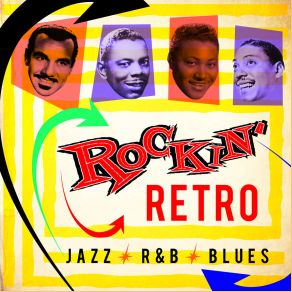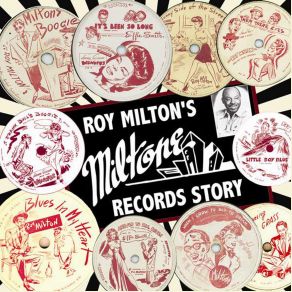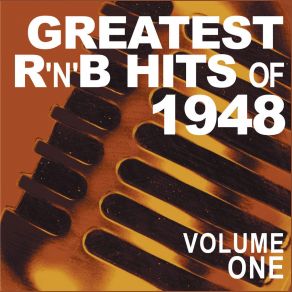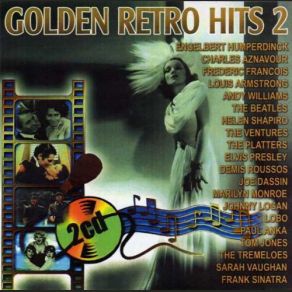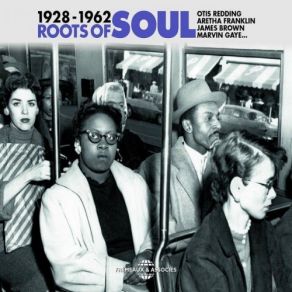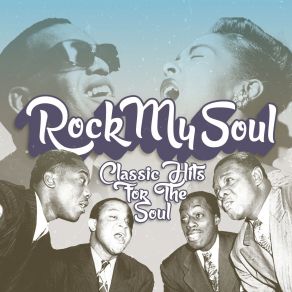Little Miss Cornshucks
Wikimp3 information about the music of Little Miss Cornshucks. On our website we have 0 albums and 13 collections of artist Little Miss Cornshucks. You can find useful information and download songs of this artist. We also know that Little Miss Cornshucks represents Jazz genres.
Biography
[Edit]Little Miss Cornshucks, who is remembered as a riveting live performer, could easily be labeled as one of the more influential singers in history; unfortunately, hers is a legacy lost to the vagaries of time, bad luck, and personal problems. (Critic Barry Mazor, writing in No Depression in May 2003, did much to unearth her achievements in a definitive article.) Cornshucks' influence can be traced in important early soul singers (Aretha Franklin and Otis Redding), R&B giants (Ruth Brown, LaVerne Baker), even '50s pop singers (Johnnie Ray). In fact, her version of "Try a Little Tenderness" not only bridged the gap between the song's crooner origins and its soul revival, it provided a virtual template for Franklin's and Redding's take on the number. And lest one try to dismiss her as a curiosity for musical obscurantists only, legendary Atlantic Records head Ahmet Ertegun has called her the best blues singer he had ever heard.
She was born Mildred Cummings in Dayton, OH, on May 26, 1923 to a large musical family. A Dayton promoter brought Cornshucks to Chicago in 1940, where the singer perfected her "rustic comedienne" stage persona — complete with straw hat, pigtails, bare feet, and country bumpkin clothing. Indeed, her stage act — which would delight audiences in Chicago, L.A., and New York — emphasized her comic timing as well as her heart-wrenching vocals. Cornshucks' career peaked in the late '40s, a period which even saw her appearance in a Hollywood B-movie, Campus Sleuth.
Her earliest recordings, including a take on her signature "So Long," were cut for the short-lived Sunbeam label. Among the Sunbeam sides was an affecting Cornshucks co-write, "I Don't Love You Anymore." Amidst her ascending career, she also recorded for Miltone under the helm of sax player/producer Maxwell Davis (B.B. King, Percy Mayfield). In 1950, she was highlighted in an Ebony magazine cover story on jump blues singers. That same year, she recorded for Coral Records; a band fronted by noted swing player Benny Carter backed her on these sessions. The Coral sides, which are considered her strongest recordings, include the definitive recording of "So Long" as well as Cornshucks' influential take on "Try a Little Tenderness."
In the following years, Cornshucks — who had been troubled by asthma, nasal-cavity growths, erratic behavior, and a drinking problem — began her slide into obscurity. (Adding insult to injury, in 1953 Atlantic signed talented Cornshucks imitator Miss Sharecropper, who would eventually drop the guise to become the legendary LaVerne Baker.) Cornshucks continued to make sporadic appearances at smaller clubs amidst talk of a nervous breakdown. She rallied for an attempted comeback in the early '60s, recording her only LP, The Loneliest Gal in Town, for Chess Records. Chess attempted singles from the effort, but they never landed with audiences. A symbolic close to Cornshucks' comeback came with Aretha Franklin's Billboard-charting version of "Try a Little Tenderness" around the same time. (A version of the song was also on Cornshucks' LP.) Her final public performance most likely came in the mid-'60s. Subsequently, the singer lived alone for several years in Dayton and dropped out of performing. In the '90s, she suffered several strokes; she died in Indianapolis on November 11, 1999, and is survived by a daughter, Francey.
Collections
Title: Vintage Mother's Day
Genre: Pop
Title: Retro Rockin' Jazz R&B Blues
Genre: Blues
Title: Roy Milton's Miltone Records Story
Genre: Blues
Title: 100 Christmas Blues - Songs to Get You Through the Cold
Genre: Blues
Title: 100 Christmas Blues - Songs to Get You Through the Cold
Genre: Blues
Title: Greatest R & B Hits of 1948 Volume 1
Genre: Hip Hop/R&B, Soul
Title: Rural Blues Essentials
Genre: Blues
Title: Golden Retro Hits (CD4)
Title: Rockin' Retro (CD2)
Genre: Blues
Title: Roots Of Soul: 1928-1962 (CD1)
Genre: Hip Hop/R&B, Soul, Funk
Title: A Soul Awakening From Sacred To Secular (CD4)
Genre: Hip Hop/R&B

